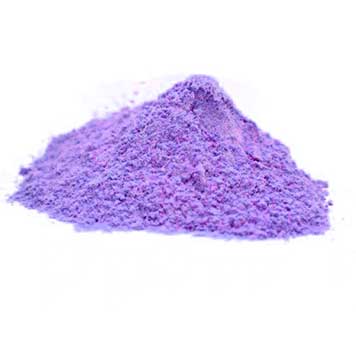
phosphoric acid acidity
Understanding the Acidity of Phosphoric Acid
Phosphoric acid, chemically represented as H₃PO₄, is a triprotic acid, meaning it can donate three protons (H⁺ ions) in an aqueous solution. Its acidity is a significant characteristic that influences its applications in various fields, including food processing, agriculture, and pharmaceuticals. Understanding the acidity of phosphoric acid involves looking at its dissociation properties, pH values, and implications for its use.
Understanding the Acidity of Phosphoric Acid
Due to its triprotic nature, phosphoric acid can act as both an acid and a base, depending on the surrounding chemical environment. It’s important to note that the ability to donate multiple protons makes it less acidic than stronger mineral acids like hydrochloric acid or sulfuric acid. However, its ability to form various anionic species allows it to participate in a wide array of chemical reactions and interactions.
phosphoric acid acidity

In practical applications, the acidity of phosphoric acid plays a crucial role. In the food industry, it is commonly used as an acidity regulator and flavor enhancer, particularly in soft drinks and processed food products. Its tangy taste enhances flavors while providing an acidic environment that helps preserve food by inhibiting microbial growth.
In agriculture, phosphoric acid is a vital nutrient source for plants, supplied in the form of phosphate fertilizers. The acidity of the phosphoric acid facilitates the solubility of phosphorus, making it readily available for plant uptake. However, care must be taken to balance soil pH, as excessive acidity can lead to nutrient lockout and negatively impact crop yields.
Moreover, in the pharmaceutical industry, phosphoric acid plays a role in various synthetic processes and formulations. Its acidity can be utilized to adjust the pH of medicinal compounds, ensuring optimal stability and bioavailability.
In conclusion, the acidity of phosphoric acid is a fundamental characteristic that determines its utility across different disciplines. Understanding its dissociation behavior, the types of ions it forms, and its implications for biological and chemical systems can help harness its properties effectively. Whether in enhancing food flavors or improving agricultural productivity, phosphoric acid remains a crucial substance in modern technology and science.
-
Understanding Synthetic Rubber OptionsNewsApr.27,2025
-
Trichloroisocyanuric Acid: Essential for Clean and Safe WaterNewsApr.27,2025
-
Sodium Dichloroisocyanurate: Key to Safe Water TreatmentNewsApr.27,2025
-
Sodium Acid Pyrophosphate: Essential in Modern Food ProcessingNewsApr.27,2025
-
Essential Water Treatment ChemicalsNewsApr.27,2025
-
Denatured Alcohol and Its Industrial UsesNewsApr.27,2025
-
The Versatile Uses of Sodium BicarbonateNewsApr.24,2025
Hebei Tenger Chemical Technology Co., Ltd. focuses on the chemical industry and is committed to the export service of chemical raw materials.
-

view more DiethanolisopropanolamineIn the ever-growing field of chemical solutions, diethanolisopropanolamine (DEIPA) stands out as a versatile and important compound. Due to its unique chemical structure and properties, DEIPA is of interest to various industries including construction, personal care, and agriculture. -

view more TriisopropanolamineTriisopropanolamine (TIPA) alkanol amine substance, is a kind of alcohol amine compound with amino and alcohol hydroxyl, and because of its molecules contains both amino and hydroxyl. -

view more Tetramethyl Thiuram DisulfideTetramethyl thiuram disulfide, also known as TMTD, is a white to light-yellow powder with a distinct sulfur-like odor. It is soluble in organic solvents such as benzene, acetone, and ethyl acetate, making it highly versatile for use in different formulations. TMTD is known for its excellent vulcanization acceleration properties, which makes it a key ingredient in the production of rubber products. Additionally, it acts as an effective fungicide and bactericide, making it valuable in agricultural applications. Its high purity and stability ensure consistent performance, making it a preferred choice for manufacturers across various industries.











